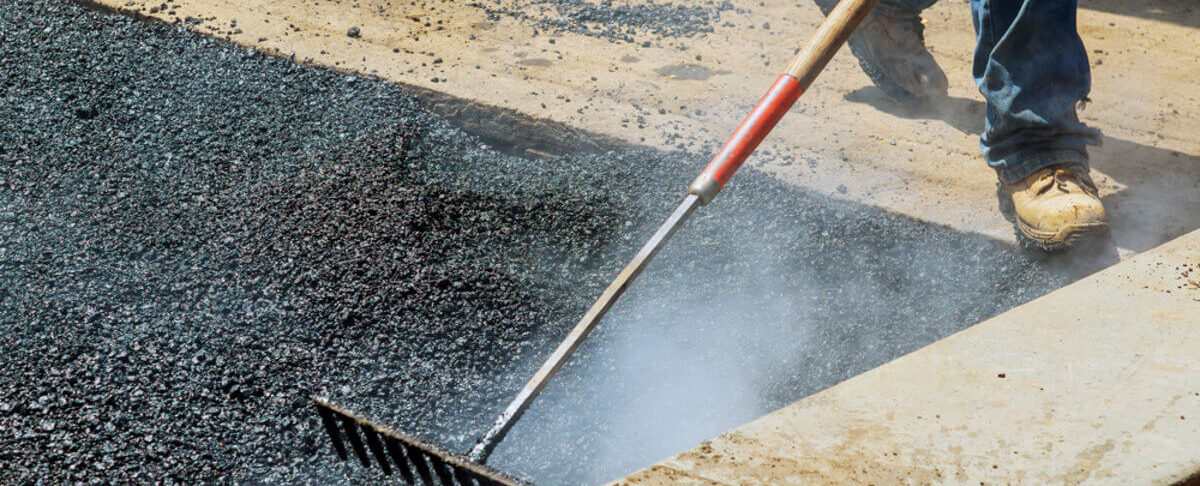Asphalt is a commonly used material in infrastructure and construction projects, but it also poses certain hazards if not handled and stored properly. To ensure the safety of workers and maintain the quality of asphalt, it is crucial to follow best practices for handling and storage. In this article, we will explore the key steps and precautions to take when dealing with asphalt materials to ensure safety on the job site.
Understanding the Hazards of Asphalt
Before diving into the handling and storage guidelines, it is important to have a clear understanding of the hazards associated with asphalt. Asphalt is composed of various components, including bitumen, aggregates, and additives. When heated, asphalt releases fumes that can be harmful if inhaled. These fumes can cause irritation to the respiratory system and, in some cases, lead to long-term health issues. Additionally, asphalt is flammable and can pose a fire hazard if not handled properly.
One of the fundamental steps in ensuring safety when working with asphalt is providing proper training and education to all employees who have direct contact with the material. This training should cover the hazards associated with asphalt, safe handling procedures, and the proper use of personal protective equipment (PPE). It is essential for workers to be aware of the specific components of the asphalt mix they are working with and their potential health hazards.
Personal Protective Equipment (PPE)
Wearing the appropriate PPE is crucial to minimize exposure to asphalt and protect workers from potential hazards. The following PPE should be worn when handling and working with asphalt:
- Gloves: Workers should wear thermally insulated gloves to prevent contact between asphalt and the skin, reducing the risk of burns and irritation.
- Coveralls: Full-body coveralls should be worn to ensure that no asphalt comes into direct contact with the skin, providing protection against burns and other skin defects.
- Face Shield or Safety Glasses: Eye protection is essential to shield the eyes from asphalt fumes and particulate matter. Safety glasses or a full-face shield should be worn to protect the entire face.
- Respirator: To protect against inhalation of asphalt fumes, workers should wear a properly fit-tested respirator with vapor cartridges. Dust masks are not sufficient for this purpose.
Equipment Checks and Maintenance
Regular equipment checks and maintenance are essential to ensure the safe operation of machinery used in asphalt paving. Before each shift, equipment should be thoroughly inspected to ensure that all components are in working order. Any necessary repairs should be addressed before commencing work. Following lockout/blockout protocols and turning off machines before performing maintenance work is crucial to prevent accidents.
Traffic Control and Safety
Traffic control is a critical aspect of asphalt paving safety, as workers are often exposed to moving vehicles and unpredictable traffic conditions. Implementing proper traffic control measures can help minimize the risk of accidents. Some key considerations for traffic control include:
- Traffic Codes: Familiarize yourself with local traffic codes and regulations to ensure compliance and implement additional safety measures as needed.
- Flaggers: Station trained flaggers at appropriate locations to control traffic and ensure the safety of the work crew.
- Warning Signs and Lighting: Ensure that caution signs are prominently displayed and well-illuminated, especially during nighttime work. Adequate lighting is crucial to enhance visibility and prevent accidents.
- Communication: Utilize two-way radios for effective communication between workers and to alert each other of any potential traffic hazards.
- Coordination with Local Law Enforcement: In congested areas, consider requesting the presence of local law enforcement to station a flashing cruiser at either end of the job site for increased visibility and driver alertness.
Handling Hot Asphalt and Preventing Burns
Asphalt is typically heated to high temperatures for proper application. Handling hot asphalt requires caution to prevent burns and other injuries. The following tips can help ensure safety when working with hot asphalt:
- Proper Clothing: Workers should wear appropriate protective clothing, including long sleeves, long pants, and heat-resistant footwear, to minimize the risk of burns.
- No Loitering: Avoid standing near the hopper when asphalt is being discharged, as the material can break free and cause serious injury.
- Safe Movement: Never move between the paving machine and backing trucks. Maintain a safe distance and avoid any potential contact with hot asphalt.
- Communication: Machine operators should give a shout or signal before moving the machine to alert nearby workers of their movements.
Storage and Handling of Asphalt Materials
Proper storage and handling of asphalt materials are crucial to maintain their quality and prevent accidents. Here are some important guidelines to follow:
- Storage Tanks: Vertical tanks are preferred for storing asphalt materials, as they minimize the surface area exposed to air. Vertical tanks are also easier to mix and insulate. Horizontal tanks are suitable for short-term field storage but should not be used for long-term storage.
- Materials of Construction (MOC): Consider the corrosivity of the asphalt mix when selecting the materials for storage tanks. Poly-tanks are cost-effective and offer a wide range of chemical compatibility.
- Handling Procedures: Ensure that workers are trained on proper handling procedures, including precautions to prevent spills, leaks, and exposure to hot asphalt.
- Temperature Control: Maintain proper temperature control to prevent freezing or overheating of asphalt materials. Insulate storage tanks and use heaters regulated to provide the desired temperature range. Avoid temperature swings, as extreme temperatures can affect the quality of the asphalt.
- Labeling and Documentation: Clearly label storage tanks with the type of asphalt mix and any necessary safety information. Keep documentation of the asphalt mix composition and potential hazards readily available.
Regular maintenance and inspections of equipment, storage tanks, and other infrastructure are essential to identify any potential risks or issues. Schedule routine inspections and address any repairs or maintenance needs promptly to ensure the safety and integrity of equipment and storage facilities.
Conclusion

By prioritizing safety and following these guidelines, you can minimize the risk of accidents and create a safe working environment for your asphalt paving projects. For professional asphalt services and expert advice on handling and storing asphalt materials safely, contact Richfield Blacktop today. Take the necessary precautions and prioritize safety in all your asphalt projects to ensure successful and accident-free outcomes.





